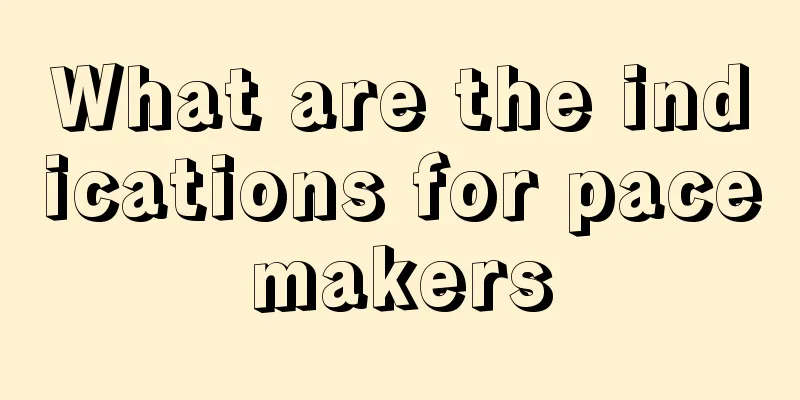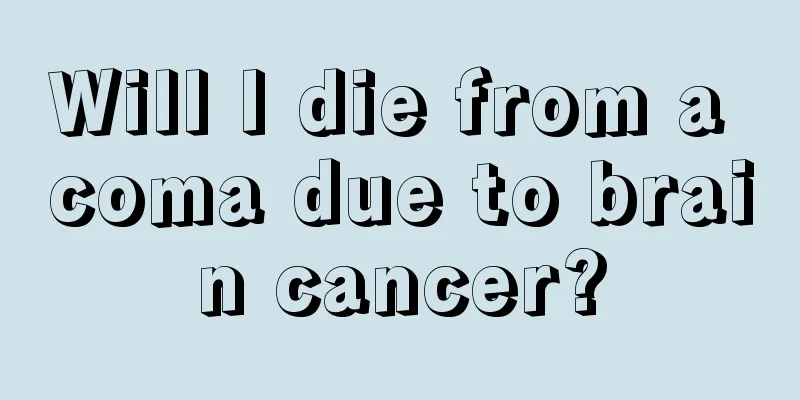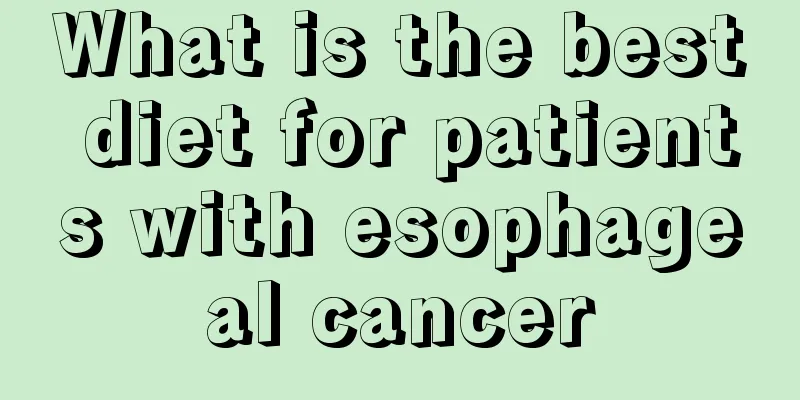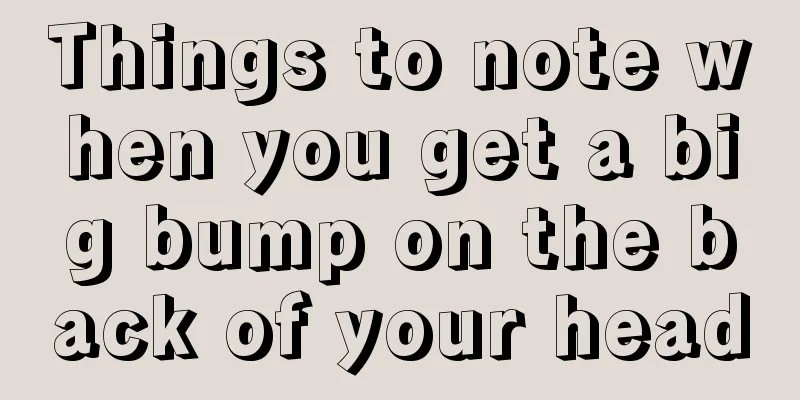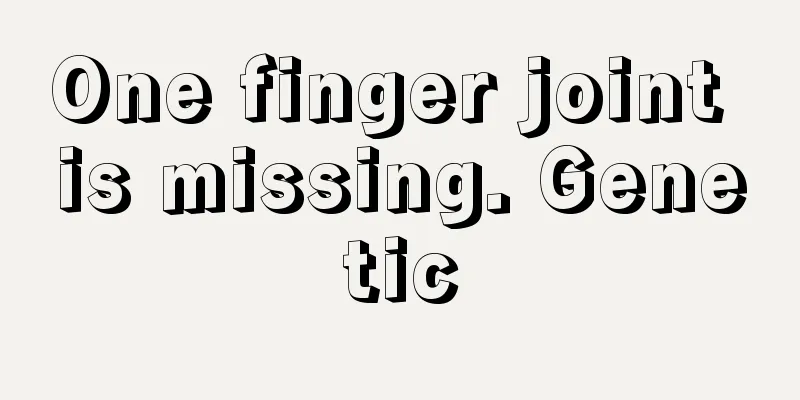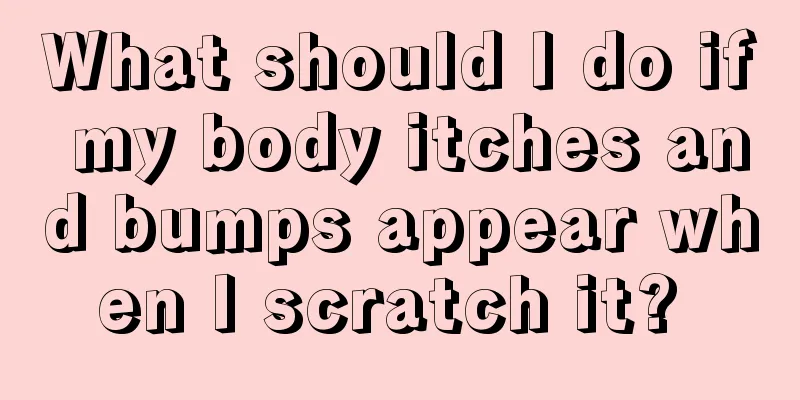My chest would sometimes beat violently

|
The human heart usually beats in a steady and continuous state, but occasionally arrhythmia may occur. There are many causes of arrhythmia, some of which may be caused by external factors, but more often they are caused by internal diseases of the human body. There are many manifestations of mental disorders. Some people have a slow heartbeat, but for others, their chests beat violently. So what causes this sudden chest beating? Sometimes we may feel our heartbeat suddenly jump, which is actually a manifestation of palpitations. Palpitations also have symptoms of heart fibrillation or irregular beating, which can last for a few seconds or minutes. When you first experience palpitations, you may feel scared and wonder if there is something wrong with your heart. Heart palpitations are usually nothing to worry about. one. What are palpitations? Each beat of the heart pumps blood throughout the body, delivering oxygen and other vital elements. The heart has four chambers connected by "one-way valves." Each beat of the heart is divided into two actions: Action 1: When blood is delivered to the upper two chambers, electrical signals cause contractions, pushing blood into the lower chambers. Action 2: Pushes blood from the heart to the lungs, where it mixes with oxygen and then circulates throughout the body. two. The reason why your heart beats randomly A skipped heartbeat can be the result of many factors, including: 1. Caused by lifestyle Vigorous exercise, not getting enough sleep, or drinking too much coffee or alcohol can cause palpitations. Smoking, or eating greasy or spicy foods can also cause palpitations. 2. Psychological or emotional fluctuations Palpitations can be caused by stress or anxiety, or they can occur during a panic attack. Other symptoms of panic include: nausea Feeling weak or dizzy Limb numbness Chest pain or tightness trembling Shortness of breath 3. Drug effects Many medicines can trigger palpitations. These include: Asthma inhaler medications, such as albuterol and ipratropium High blood pressure medications, such as minoxidil Antihistamines, such as terfenadine Antibiotics, such as clarithromycin and erythromycin Antidepressants, such as citalopram Antifungal drugs, such as itraconazole So when using these drugs, you should pay attention to the instructions about side effects. However, you do not have to stop taking these medications, or you can talk to your doctor about your concerns. |
>>: How to open a new iron pot
Recommend
What kind of dentures are good?
If we do not pay attention to protecting our teet...
What are the best treatments for lung cancer? There are 3 best treatments for lung cancer
Lung cancer can cause harm to us. I believe many ...
Why does the thumb joint hurt?
Pain in the thumb joint may be caused by differen...
Nutritional composition of rice
Rice is an indispensable thing in the daily life ...
Let me introduce to you the causes of reflux after cardiac cancer surgery
Surgical treatment of cardia cancer is a common t...
What causes butt crack eczema
There are both external and internal factors that...
How to remove grease from clothes
In life, we often find some unexpected situations...
What should I pay attention to when I just straighten my hair
If your hair is naturally curly, or has been dyed...
What are the prevention methods for prostate cancer
The emergence of prostate cancer has brought grea...
How to connect teeth
Some people's teeth do not have a solid found...
How to use enema
There are many common supplies in life. You canno...
What are the dietary precautions for preventing lung cancer? 9 dietary precautions can prevent lung cancer
I believe everyone has heard of this saying. Afte...
The butt is hot and has red bumps
The symptoms of red bumps caused by hot buttocks ...
Tips to remove static electricity from hair
I believe everyone understands static electricity...
What is the effect of sympathetic nerves on the heart
The sympathetic nerves are part of the autonomic ...
